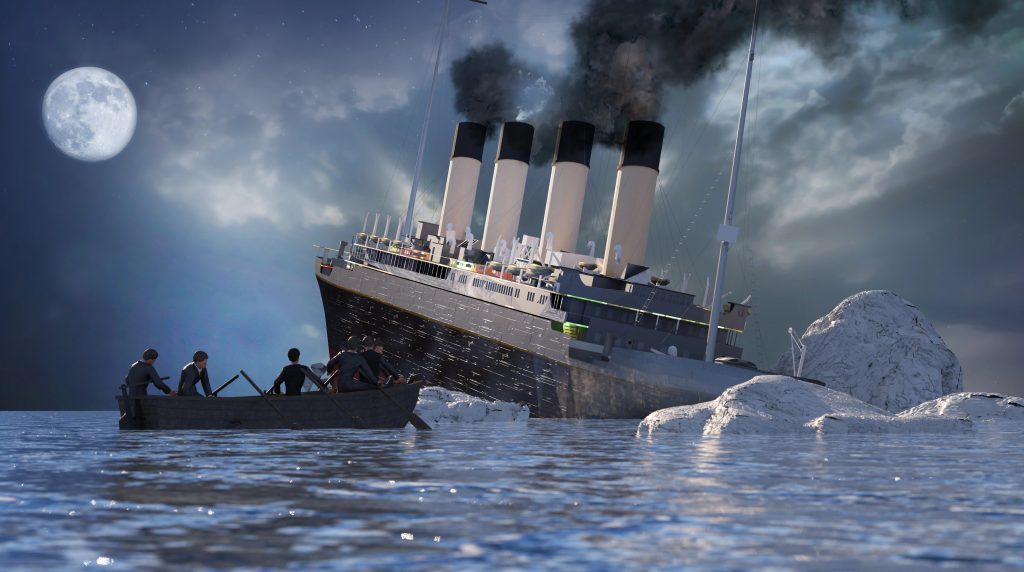
The Titanic saga is greater than a naval disaster it’s a mirror to our times. Then, as today, warnings were issued. Then, as today, the leaders grasped illusions of invincibility. The icebergs of today climate collapse, pandemics, out-of-control AI, geopolitics of brinksmanship are not looming on the horizon. They are present, close at hand in plain sight. And yet the world’s leaders seem consumed by the equivalent of first-class indulgences, refusing to change direction.
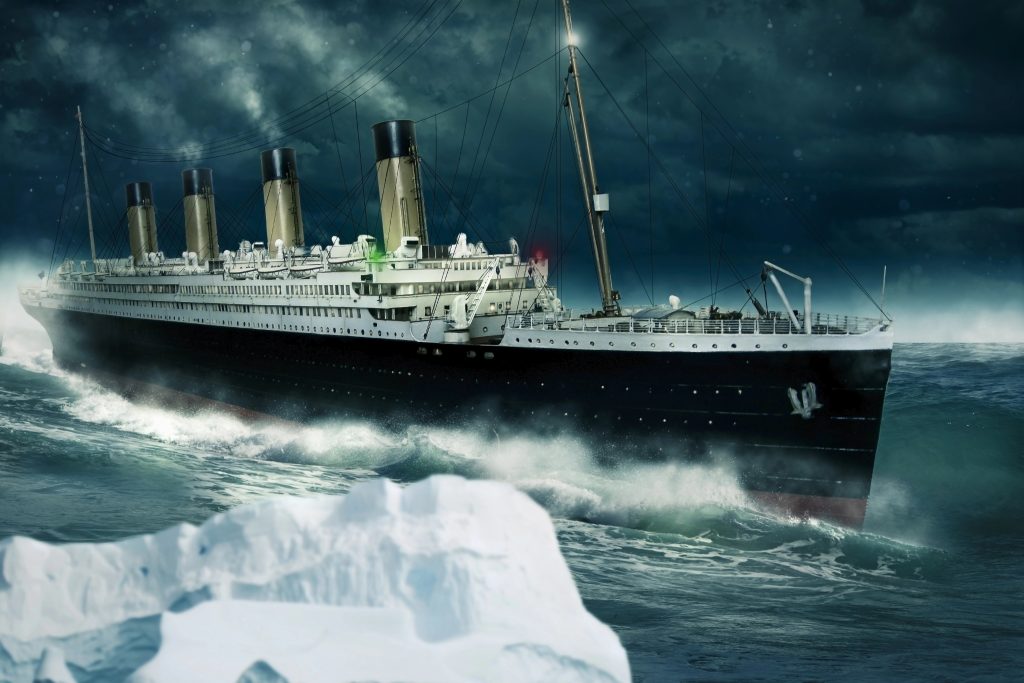
1. The Titanic Mentality in Contemporary Leadership
On the early morning of April 15, 1912, the crew of the Titanic repeatedly disregarded iceberg warnings, believing that pride and engineering brilliance prevented disaster. The analogy today is chilling. International institutions ranging from the UN to regional blocs continue to function on old norms, as the ice gets nearer. As Dr. Theogene Rudasingwa cautions, “The iceberg is in sight.”. “The clock is ticking.” The deeply ingrained “us vs. them” thinking based on Cold War rationality and imperial memories blinds policymakers to the interlinked character of threats today.
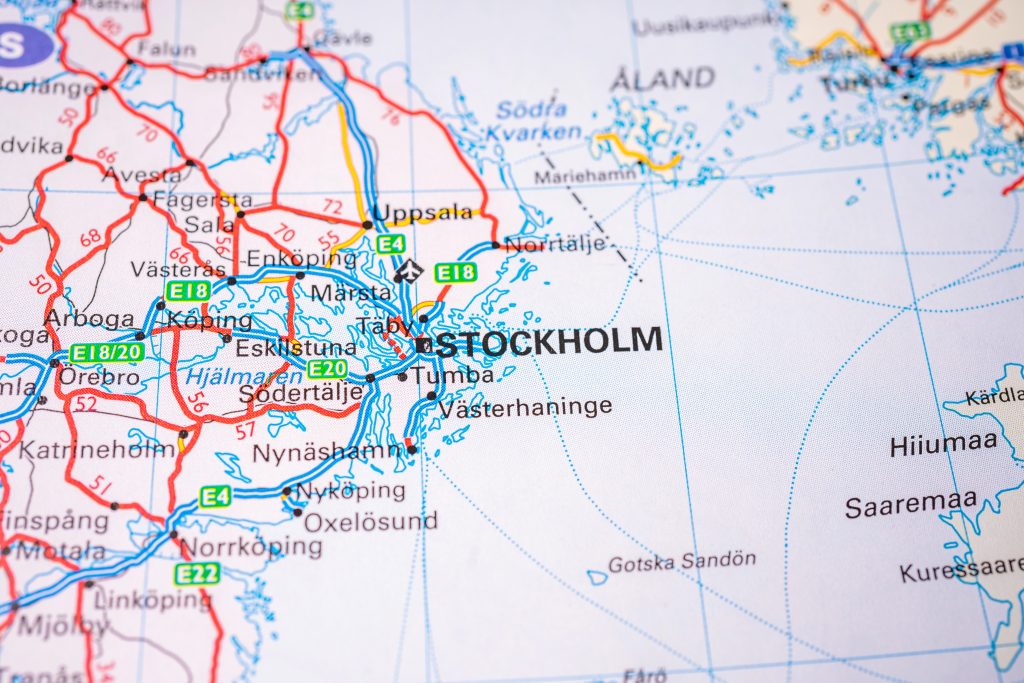
2. Why Old Geopolitical Maps Fail Us
The models that previously informed worldviews Paul Kennedy’s cautions regarding overextension, Huntington’s “Clash of Civilizations,” Fukuyama’s “End of History” now threaten to become self-fulfilling prophecies of disunion. With pandemics traveling the globe in days and AI models adapting in weeks, holding onto strict nationalistic narratives is a recipe for shared failure. As UN reform proponents themselves observe, institutions designed for the mid-20th century are struggling to adapt to new 21st century realities.

3. Learning from Cooperative Success
History is evidence that courageous, collaborative action can prevent disaster. The post–World War II establishment of the IMF and World Bank stabilized a shattered world economy. The “responsibility to protect” norm, the ban on landmines, and the International Criminal Court were created by coalitions of states and civil society in tandem. These achievements indicate that even in today’s fragmented world, “smart coalitions” are able to change the course of history.

4. The Climate-AI Justice Nexus
The Fifth National Climate Assessment revealed the U.S. is warming faster than the global average, with impacts falling hardest on marginalized communities. Layer onto this the hidden environmental footprint of AI training a single large model like GPT‑3 emitted 500 metric tons of greenhouse gases and the stakes grow sharper. As Roberto Verdecchia warns, “In the competition to develop faster and more-precise AI models, environmental sustainability is treated as a second-class citizen.” Climate justice and governance of AI need to be tackled simultaneously, making sure technology works for inclusion and not exacerbating inequality.

5. Rethinking Global Governance for AI
AI’s dual-use nature capable of both curing disease and creating bioweapons demands governance as agile as the technology itself. Calls for a centralized “AI IAEA” coexist with arguments for a distributed network of networks that mirrors the internet’s resilience. The key is adaptability: multiple coalitions, iterative processes, and diverse stakeholders, from tech giants to low- and middle-income nations, shaping norms in real time.

6. The Moral Compass of Future Leaders
Rudasingwa dreams of leaders “rooted in the moral soil of their communities and nations, yet able to think and act on a planetary scale.” They will define success not in terms of GDP, but in human and ecosystem well-being. They will speak a language of solidarity, not suspicion, and understand that the safety of any one vessel in the fleet of nations depends on the safety of all.
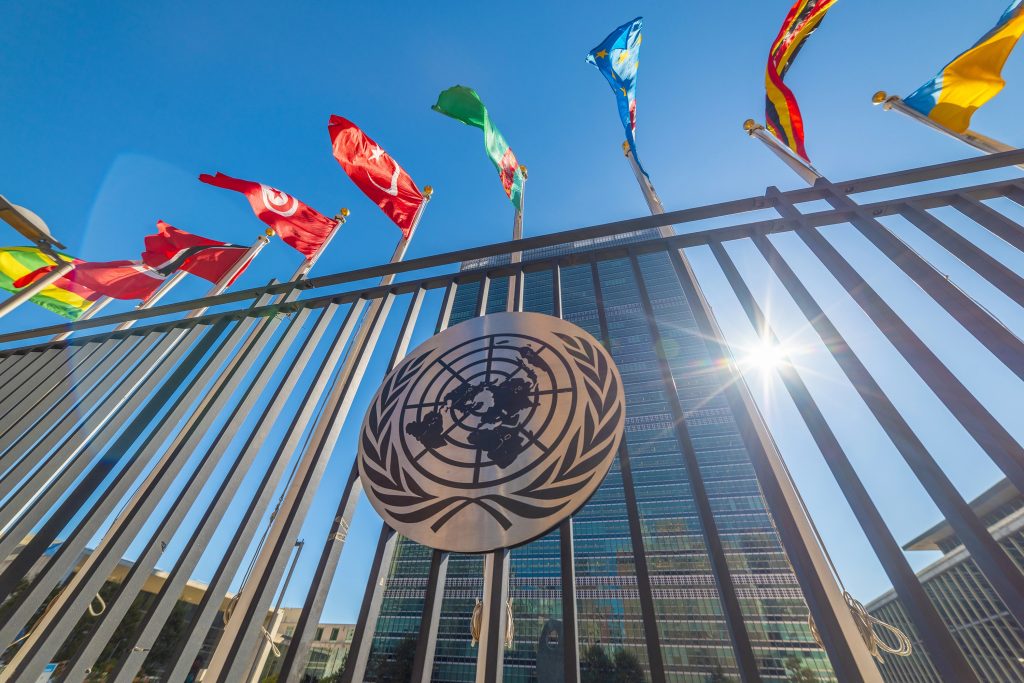
7. Institutional Reform Before They Become Obsolete
The UN’s advantages universal legitimacy, convening power, norm-setting authority are unparalleled. But without institutional reform, it threatens “sliding into irrelevance.” Options include linking peace, development, and human rights agendas; preferring prevention to reaction; strengthening field operations; and building close partnerships with civil society and the private sector. As one reform commission emphasized, it is a “critical moment for action” to ensure institutions remain fit for purpose.

8. Constructing a Justice-First Global Economy
Pacific and Caribbean Island states, joined by champions such as Barbados’ Mia Mottley, are calling for multilateral development bank reforms to provide inclusive climate finance. Releasing $50 billion of new lending is only a beginning, however, as systemic transformation is required to bring financial flows in line with the Paris Agreement and keep vulnerable countries from having to weather climate destruction on their own.
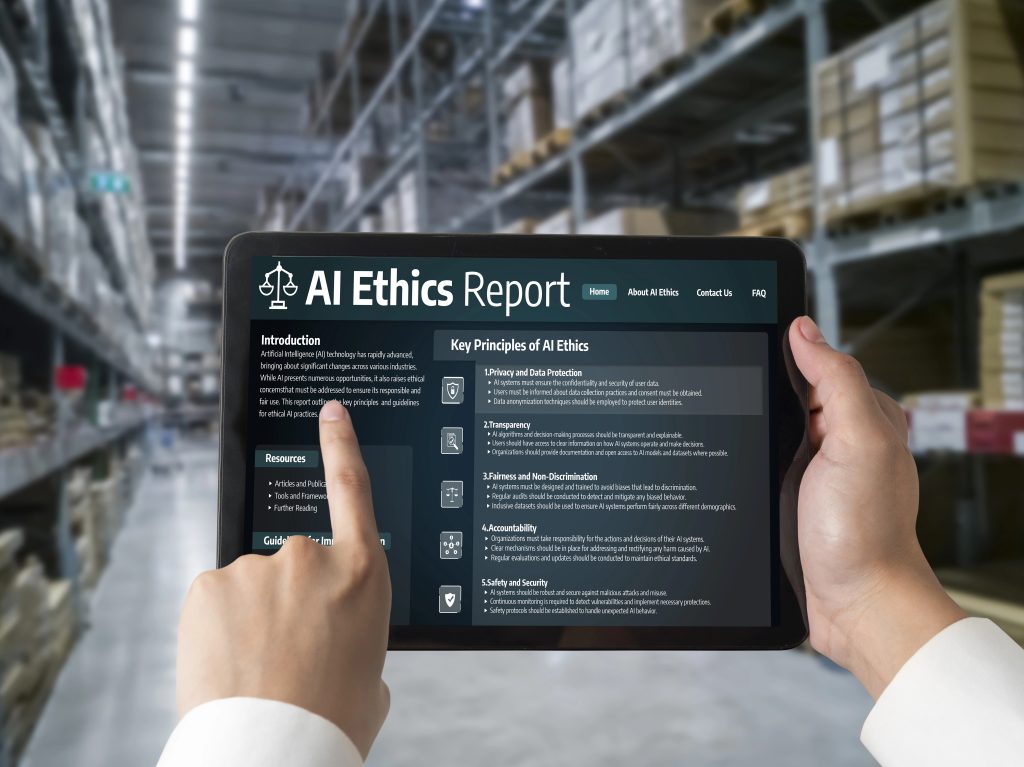
9. The Role of Civil Society and Business
Civil society organizations have played a key role in developing norms, ranging from AI ethics standards to arms control agreements. Their oversight function is critical to keeping governments and corporations in check. At the same time, corporations, particularly in the AI sector, need to transcend profit guarding to take on ethical responsibilities, as with efforts like the Rome Call for AI Ethics. The technical capability of the private sector and its international extension provide it with a crucial role in governance.

10. Next-Generation Skills and Collaboration
The tidal wave of AI governance requires a new generation of competent professionals who understand technical protections as well as ethical principles. Certification courses, such as the Artificial Intelligence Governance Professional certification, are being developed to address the need. With AI merging with quantum computing, biotechnology, and beyond, open collaboration across industries will be the key to realizing benefits while avoiding damage.
The iceberg in front is not foreordained disaster it is a challenge. The change of course will demand bravery, vision, and a commitment to fairness that knows no borders. If leaders, institutions, and people can come together on this common purpose, the 21st century can still be remembered not for a wreck, but for the instant humanity discovered how to sail together.


